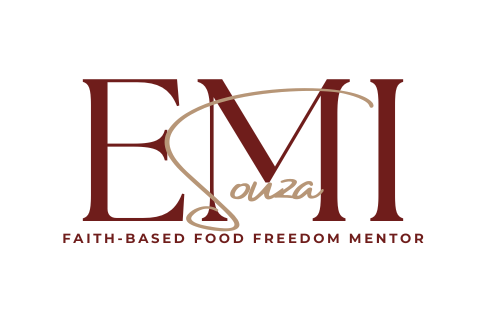Is Your Workout Helping or Hurting You?
How do you feel when you skip a workout?
Relieved? Guilty? Anxious?
Do you ever exercise to “make up” for what you’ve eaten?
Or to “earn” food?
If any of these resonate, you’re not alone. Over-exercise is a lesser-talked-about symptom of bulimia, often masked as “discipline” or a commitment to health.
But when movement becomes punishment rather than joy, it stops being healthy.
When exercise becomes harmful:
Exercise is often praised as the ultimate tool for well-being, stress relief, and confidence. And it is...when done for the right reasons. But in the context of an eating disorder, it can quickly turn into:
❌ A coping mechanism for anxiety and guilt around food
❌ A rigid routine that overrides rest and body cues
❌ A way to control weight at the expense of true health
❌ A cycle of depletion rather than nourishment
The body is designed to move, but it also needs time to recover, repair, and restore. When exercise becomes excessive, it can lead to hormonal imbalances, fatigue, increased binge urges, and even injury.
How to break free:
Instead of viewing movement as a way to “undo” eating, what if you shifted towards joyful movement—where you move to feel good, not to compensate?
On the latest podcast episode with Roger de Kramer (Personal Trainer), we dive deep into the relationship between exercise and disordered eating, how to shift towards sustainable movement, and what it really means to listen to your body.
Listen here: [From Intense Fitness Competitions to Balance]
Let’s rewrite your relationship with food and movement—so it feels freeing, fun and enjoyable and not a punishment.
I have only 2 spots left for 1:1 Empowerment Coaching!! Where we’ll work together to break free from deeply ingrained habits, find balance with food, and build a movement practice that truly supports your body.
Apply here: [Sign Up Now]
Spots fill up quickly—act fast!
We're in this together,
All the love & strength
Emi Souza






Responses